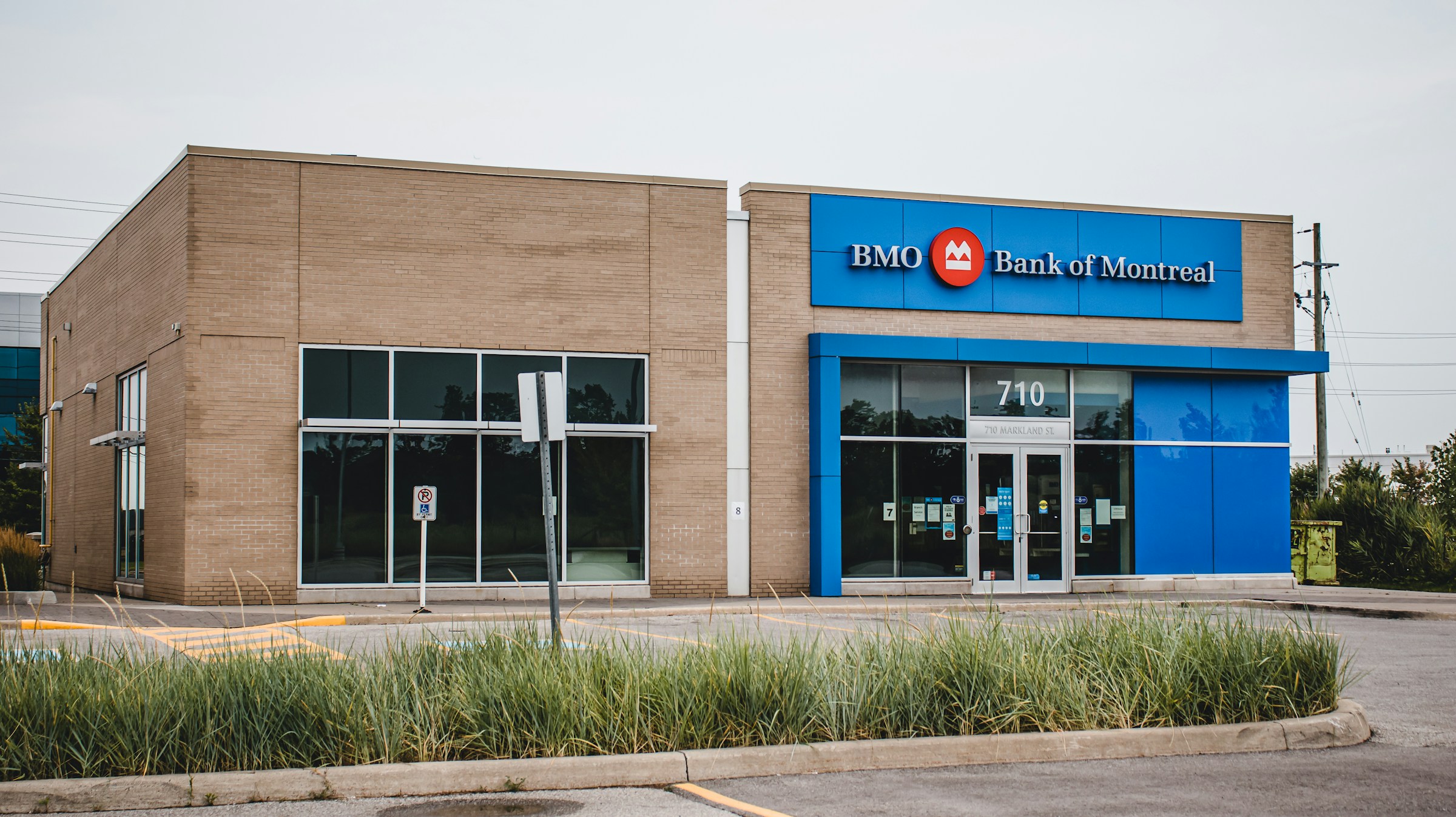In today’s financial climate, it’s crucial that you make the most of your money. This means taking full advantage of every opportunity to save money, increase your wealth, and secure a stronger financial future. One option which often falls under the radar is the potential benefits of overpaying on your mortgage. Many of you may be questioning what overpaying entails and why it might be beneficial. In this article, we will delve into the advantages of making overpayments on your mortgage, and how it can affect your overall financial situation.
Understanding Mortgage Overpayment
Before we delve into the advantages of overpayment, let’s take a moment to define what this term means. When you take out a mortgage, your lender sets out a repayment plan based on the mortgage amount, interest rate and term of the mortgage. Overpaying your mortgage means paying more than your regular mortgage payment due each month. This extra amount will directly reduce your mortgage balance, hence decreasing the term of your mortgage.
Avez-vous vu cela : How Does Brexit Impact the UK Property Market for EU Nationals?
Making overpayments can come in the form of increasing your monthly payments or making a lump sum payment. Some of you might have received an unexpected financial windfall, like a bonus or inheritance. Putting this extra money towards your mortgage overpayments can help chip away at your mortgage balance sooner than expected.
The Impact on Interest Payments
One of the most significant benefits of overpaying on your mortgage is the potential savings on interest payments. Interest on mortgages is calculated based on the outstanding balance of your mortgage. When you overpay, you reduce the balance faster, which in turn reduces the amount of interest you will pay over the term of the loan.
Cela peut vous intéresser : What Strategies Can Help Increase Rental Yield in Manchester’s Property Market?
Let’s illustrate this with a simple example. Suppose you have a £200,000 mortgage with a term of 25 years and an interest rate of 3%. If you were to overpay by £200 per month, you could potentially save over £20,000 in interest payments and reduce your mortgage term by more than four years. That’s a substantial saving!
Keep in mind that each lender has different policies regarding overpayments. Some may have a limit on how much you can overpay each year without incurring a charge. It’s always best to check with your lender before making overpayments.
Enhanced Financial Stability
Overpaying your mortgage also contributes to enhancing your financial stability. By reducing the amount you owe on your mortgage, you’re effectively building up equity in your home faster. Equity refers to the portion of your property that you truly own, that is, the difference between your home’s market value and the outstanding balance of your mortgage.
High equity provides a safety net in times of financial uncertainty. It allows you to borrow against your home if necessary or sell it without ending up in negative equity. High equity can also help you secure better rates when remortgaging.
Freedom and Flexibility
Another advantage of overpaying on your mortgage is the freedom and flexibility it can offer. Paying off your mortgage early can free up a significant portion of your income. Instead of monthly mortgage payments, that money can go towards other financial goals, like retirement savings, children’s education, or even a well-deserved holiday.
Remember, you can stop overpayments at any time if your financial circumstances change. Some lenders may even allow you to take a payment holiday, where you stop making payments for a specified period if you’ve made substantial overpayments in the past.
Building a Wealthier Future
The final advantage of overpaying your mortgage is the potential for building a wealthier future. Once your mortgage is paid off, your home is entirely yours. You’re free from the burden of monthly payments, and you have an asset that can increase in value over time.
Moreover, the money that was previously going towards your mortgage can now be invested elsewhere. For instance, you could invest in a retirement fund, stocks, or bonds. Alternatively, you could use the money to start a business, renovate your home, or simply enjoy the fruits of your hard work.
In conclusion, overpaying on your mortgage offers you a range of benefits, from interest savings to enhanced financial stability and freedom. It’s a proactive strategy to secure a stronger financial future. Before deciding to overpay, remember to check your lender’s rules and consider your overall financial situation.
Overcoming Overpayment Limitations
While the practice of overpaying your mortgage holds numerous advantages, it is not without its limitations. Many lenders, especially those offering fixed-rate mortgages, have overpayment limits in place. This means that there’s a maximum amount that you can overpay on your mortgage within a set period, usually a year. Exceeding this limit may result in an Early Repayment Charge (ERC).
An early repayment charge is a fee your lender might charge if you overpay more than the amount they permit or pay off your mortgage during the ‘fixed’ or ‘discounted’ period. The ERC is typically a percentage of the overpaid amount and can sometimes be a significant sum.
If your mortgage comes with ERCs, it’s essential to weigh up the cost of this charge against the benefits of overpaying. Often, the interest savings from overpaying can outweigh the cost of the fee, but this is not always the case.
An alternative to making frequent overpayments could be to save the money in a savings account or other investment and then make a lump sum overpayment when you are not likely to incur an ERC. This strategy can help you avoid any potential charges while still benefiting from overpaying your mortgage.
Keep in mind that your lender’s rules play a vital role in the overpayment process. Always check with your lender or mortgage advisor about the terms and conditions attached to overpayments before deciding to pay more than your agreed monthly amount.
Conclusion and Considerations
Overpaying your mortgage, when feasible, can prove to be a financially rewarding strategy. It allows you to reduce your mortgage term, save on interest, and acquire the freedom and flexibility that comes with being mortgage-free sooner. This practice also contributes to your financial stability by increasing your property’s equity, providing a safety net in times of financial uncertainty.
However, it’s important to keep the potential implications of overpayment in mind. Before making the decision to overpay your mortgage, it is wise to check with your lender for any overpayment limits or potential charges that apply.
Additionally, consider your overall budget and financial goals before deciding to overpay. While paying your mortgage off early can offer many benefits, it’s essential to maintain a well-balanced financial plan. This might include saving for retirement, investing in education, or keeping a comfortable emergency fund.
In conclusion, overpaying your mortgage in the UK can be a wise financial move. It can expedite the process of becoming mortgage free, thus freeing up income for other uses and increasing the equity in your property. Be sure to thoroughly consider your financial situation and consult with your lender or a financial advisor before embarking on this route.











